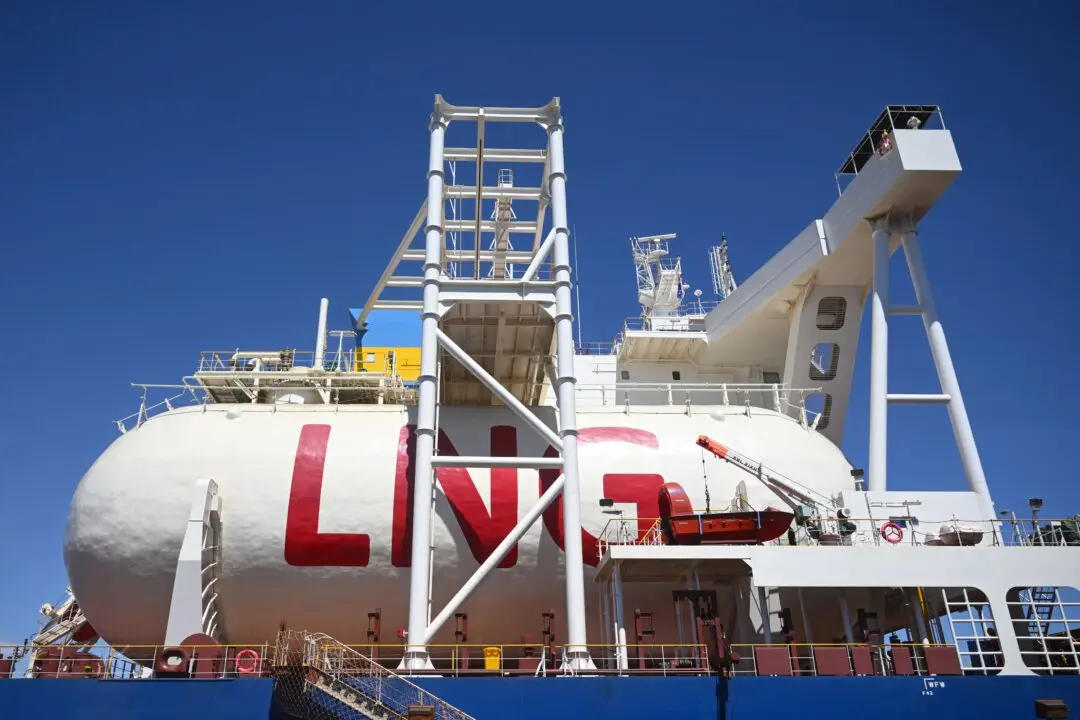Alberta will not be increasing its carbon pricing on industry, Premier Danielle Smith has announced, saying the cost for businesses has become “too high to bear.”
“What we have heard from industry is that any further increases to the industrial carbon tax past $100 per tonne would be detrimental to their businesses and would diminish their competitiveness in the market,” Smith said in a press conference in Edmonton on May 12.





